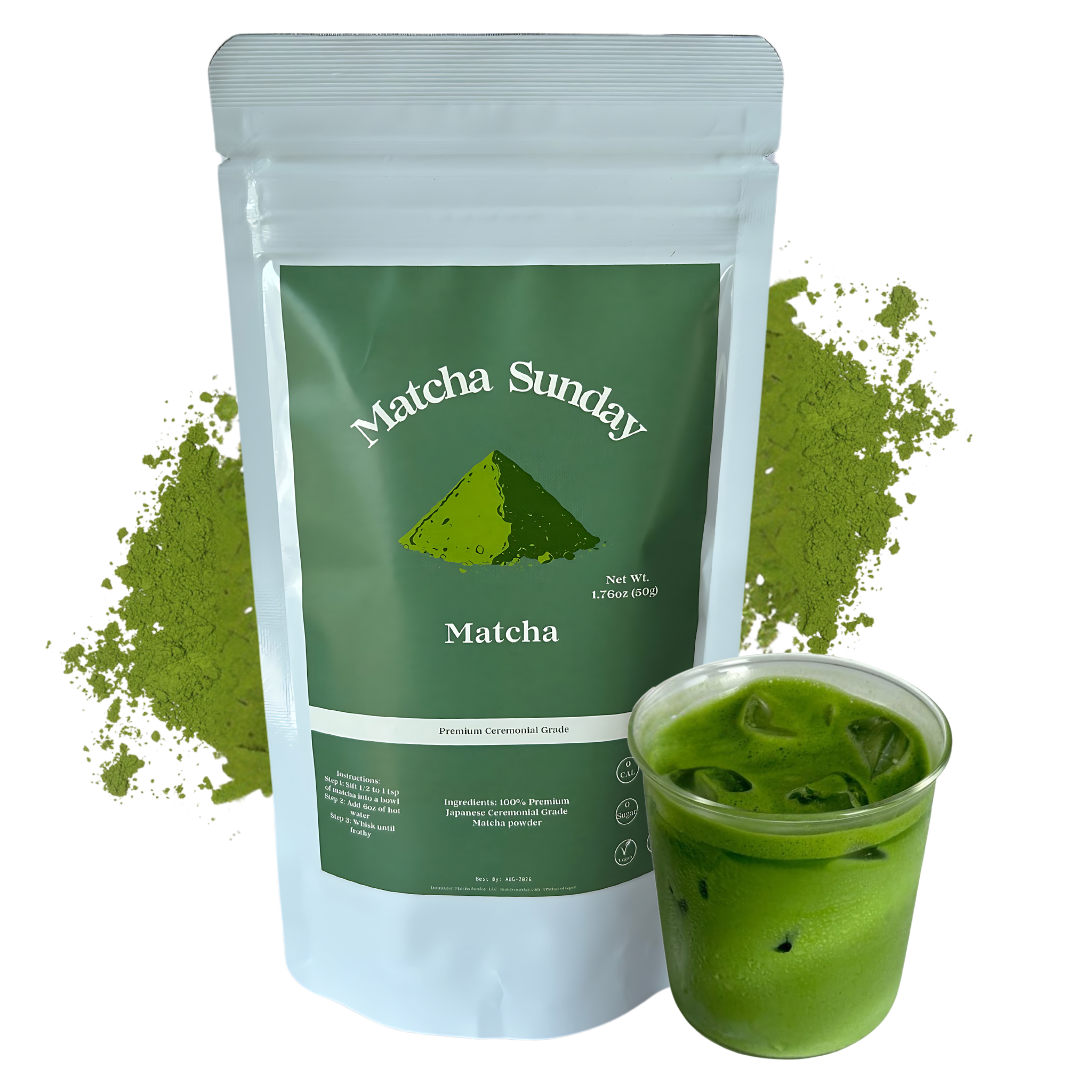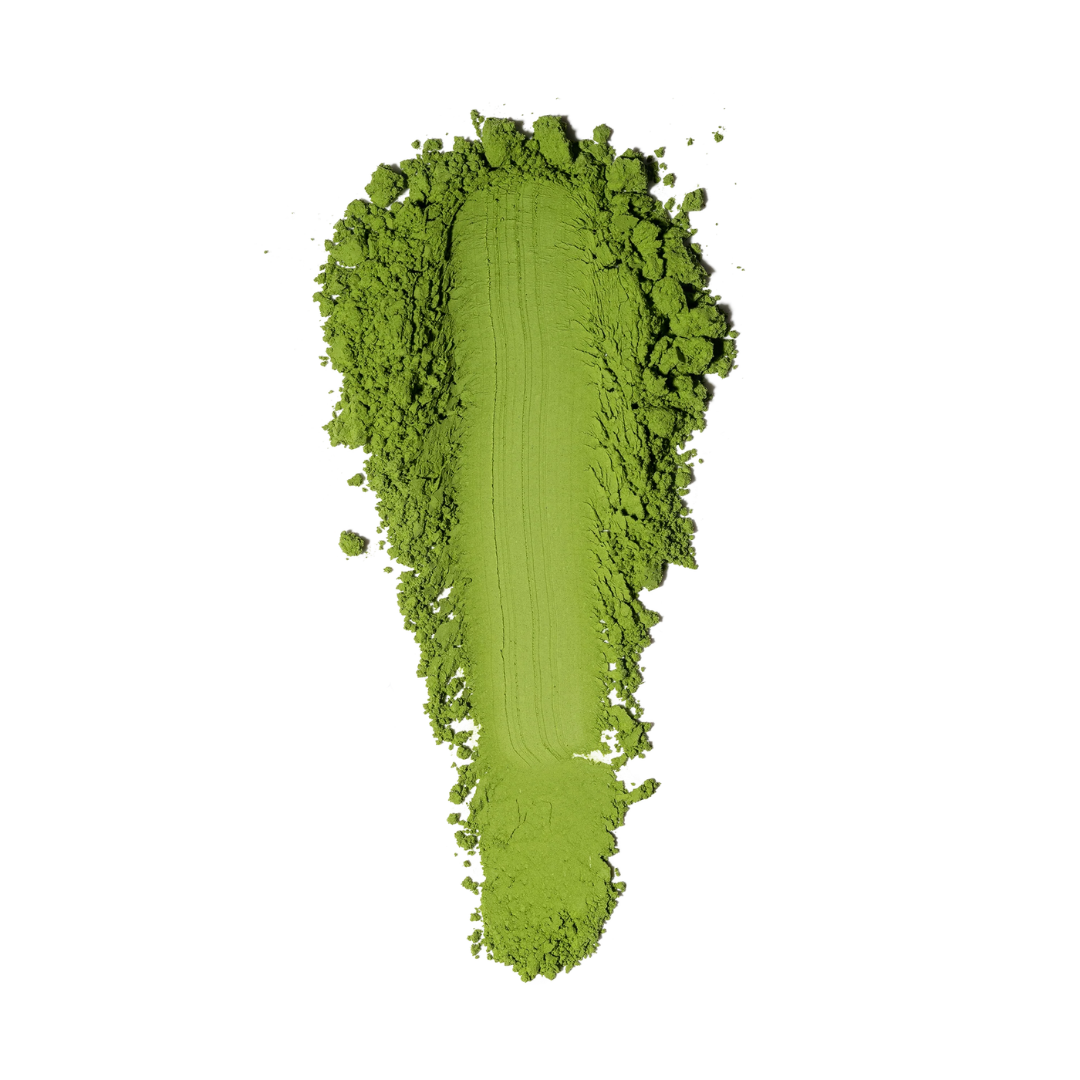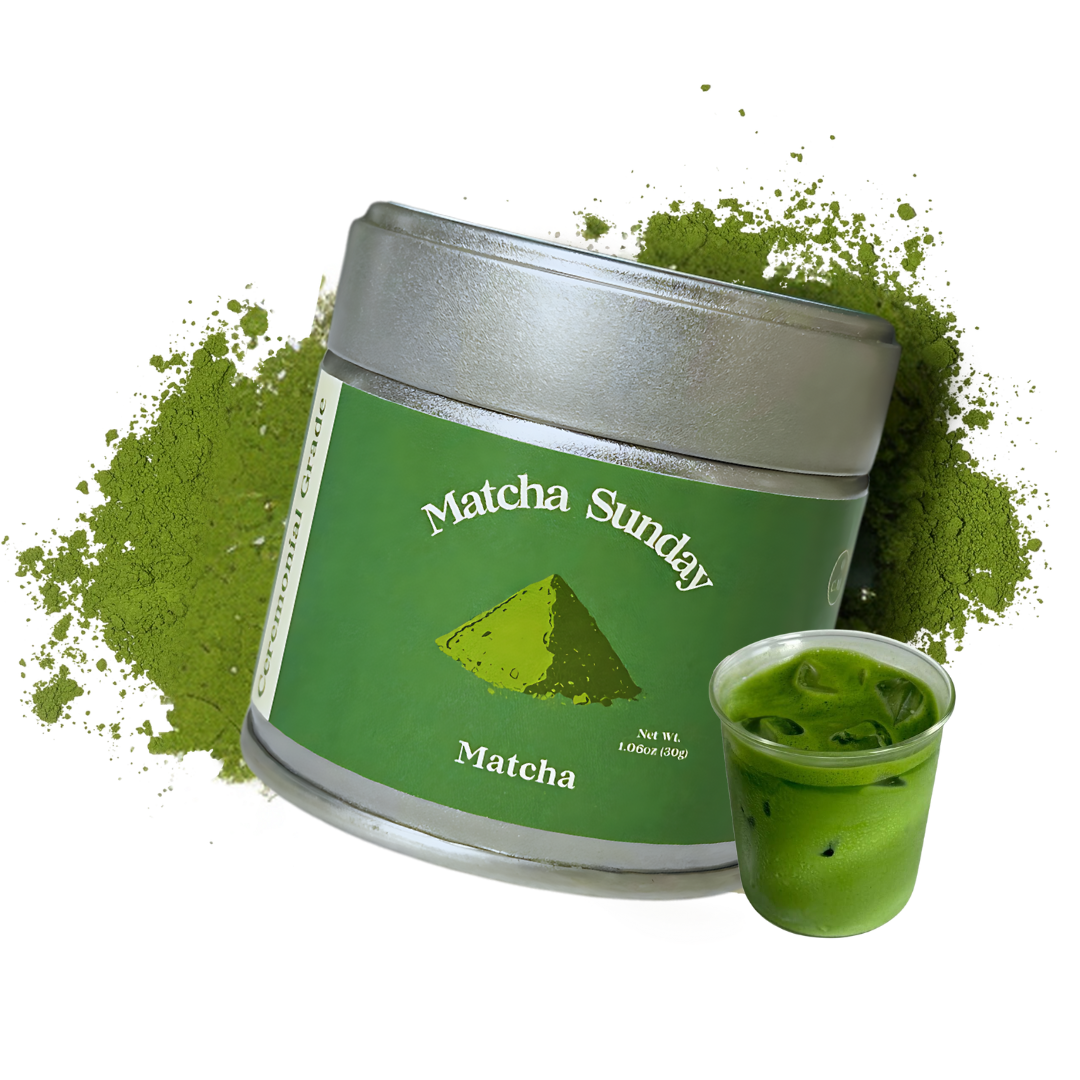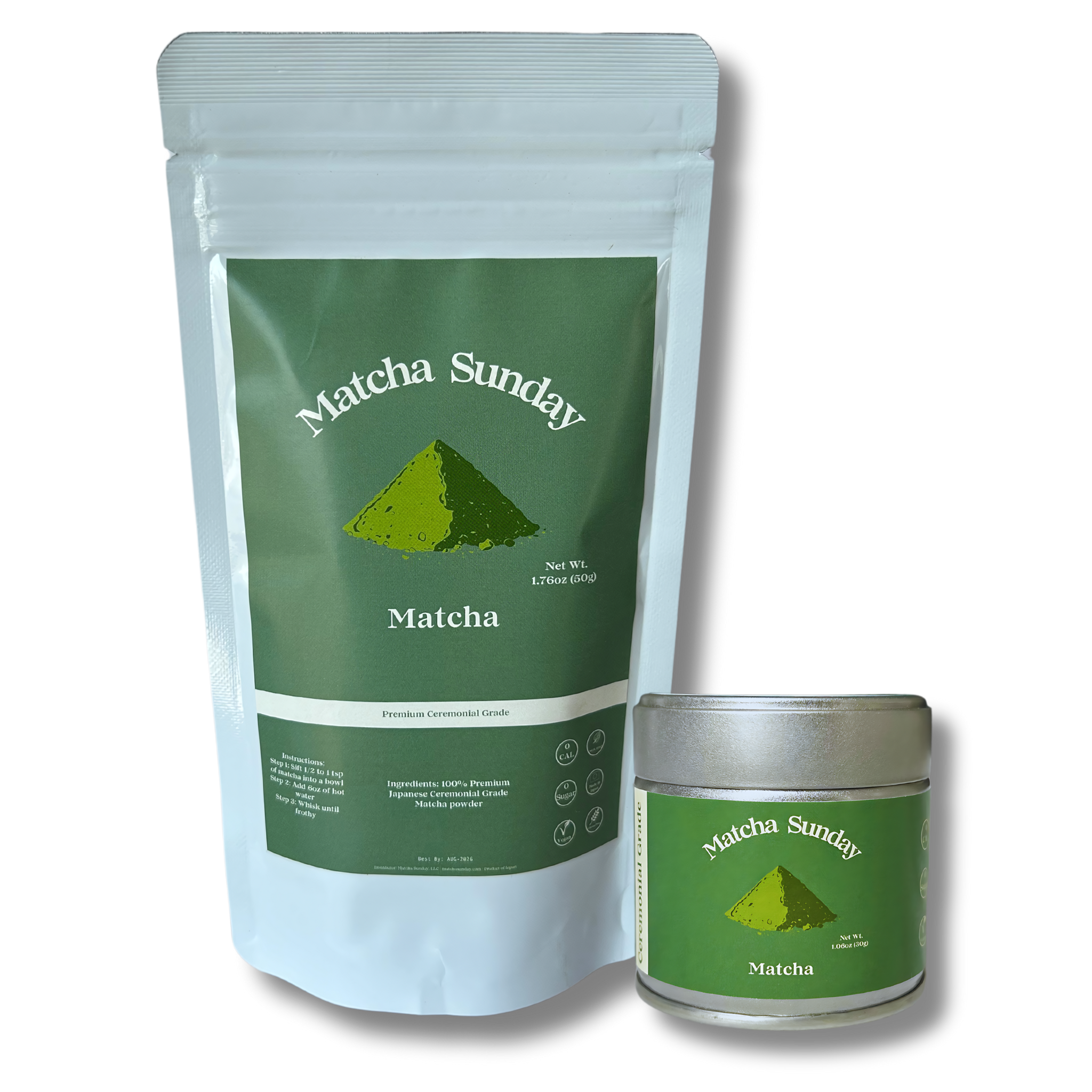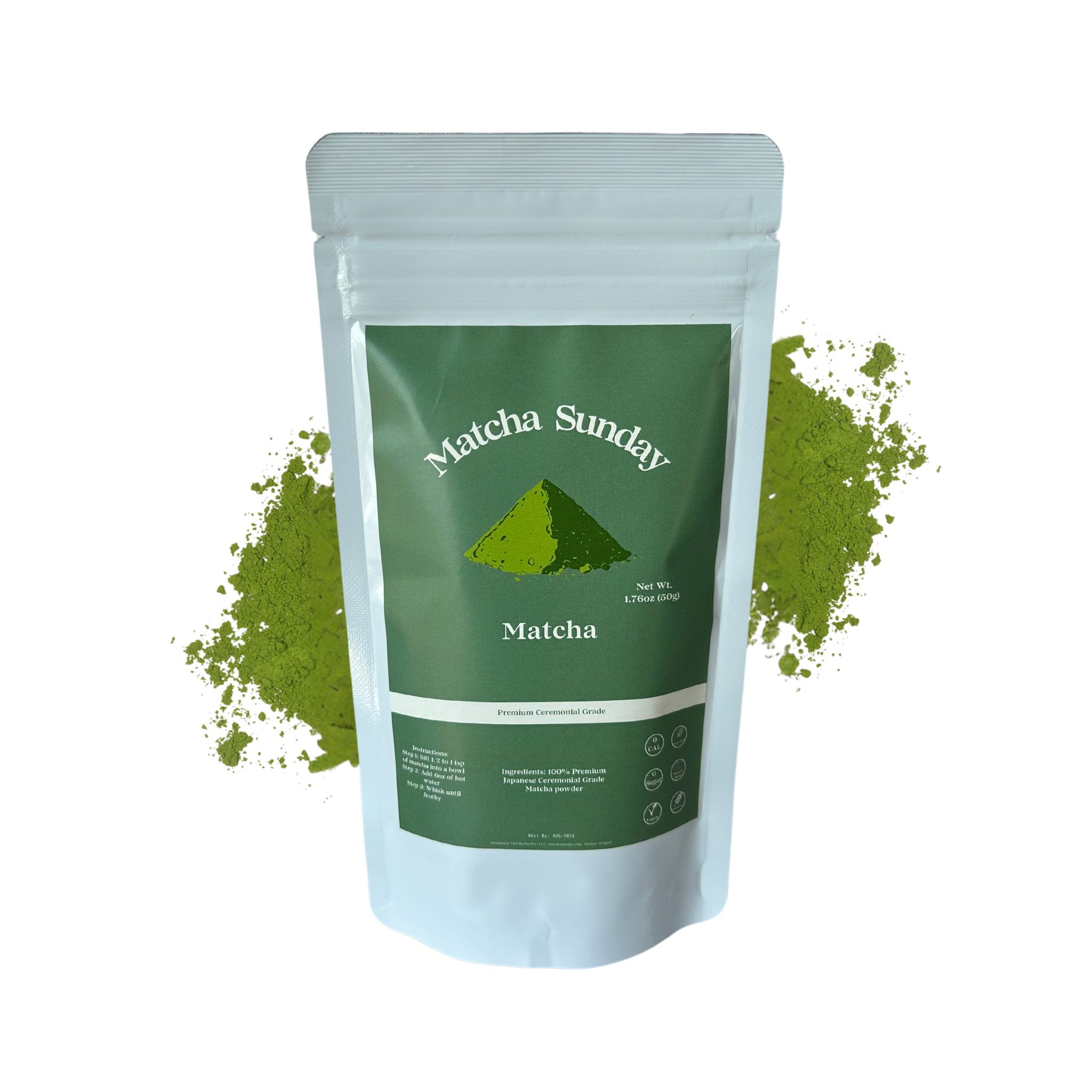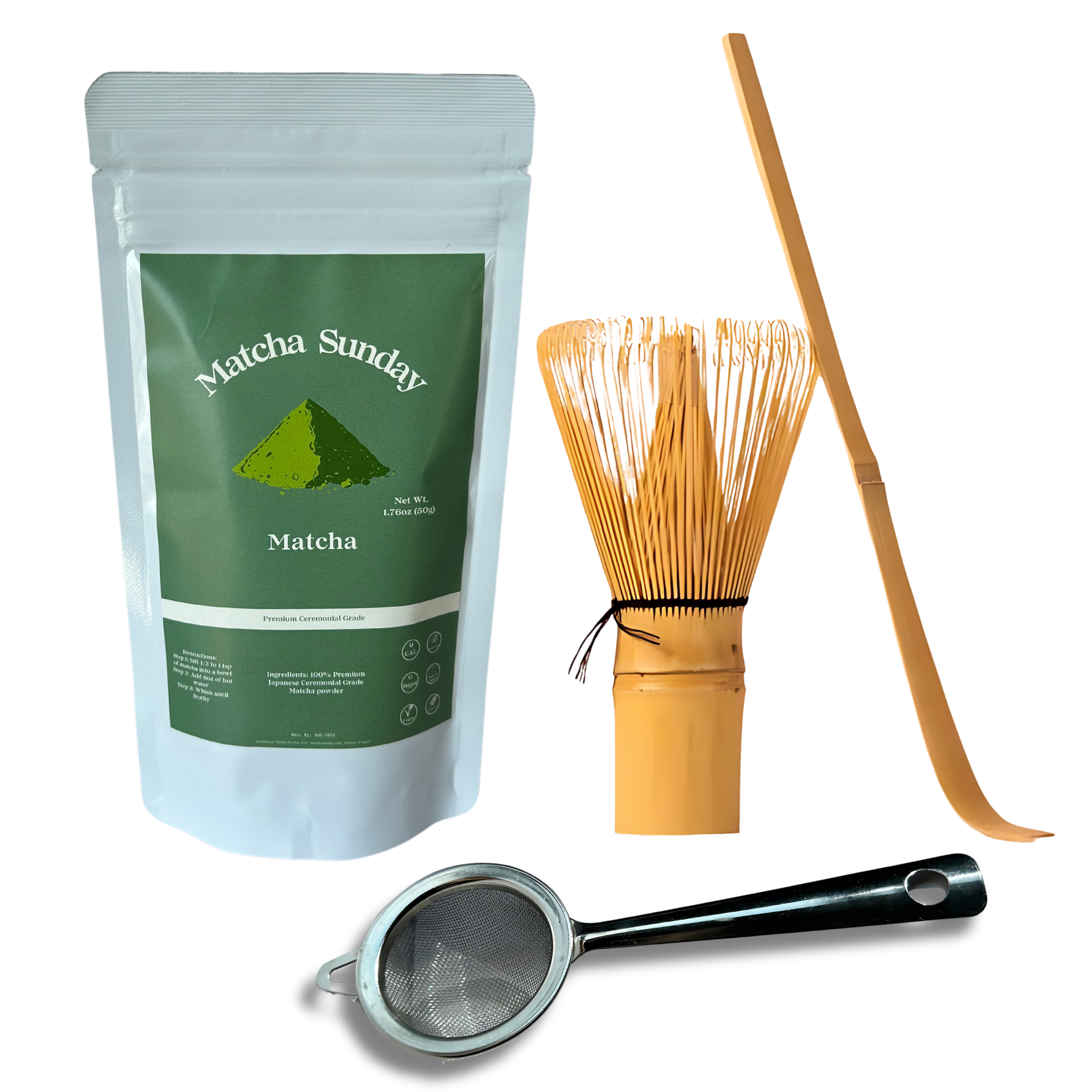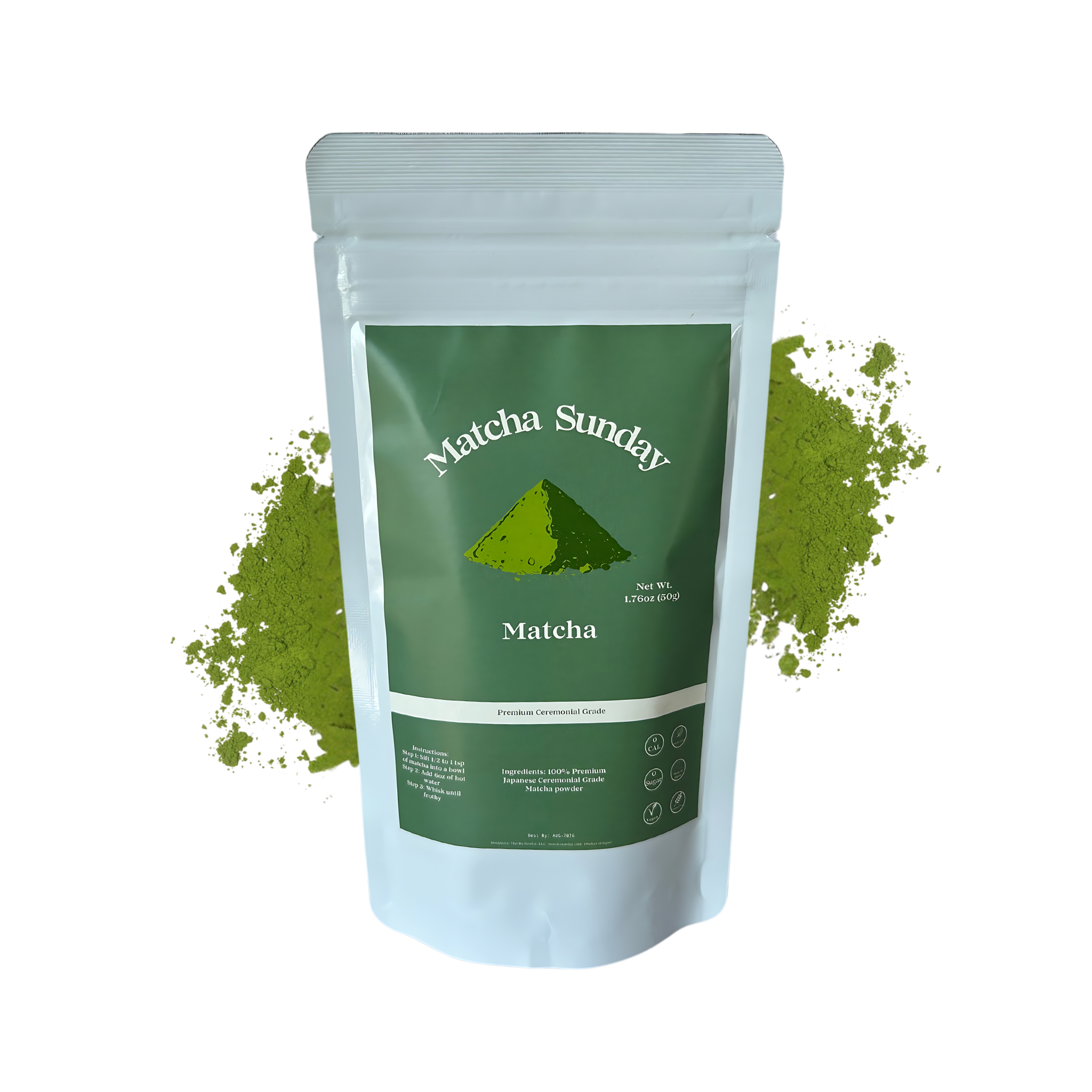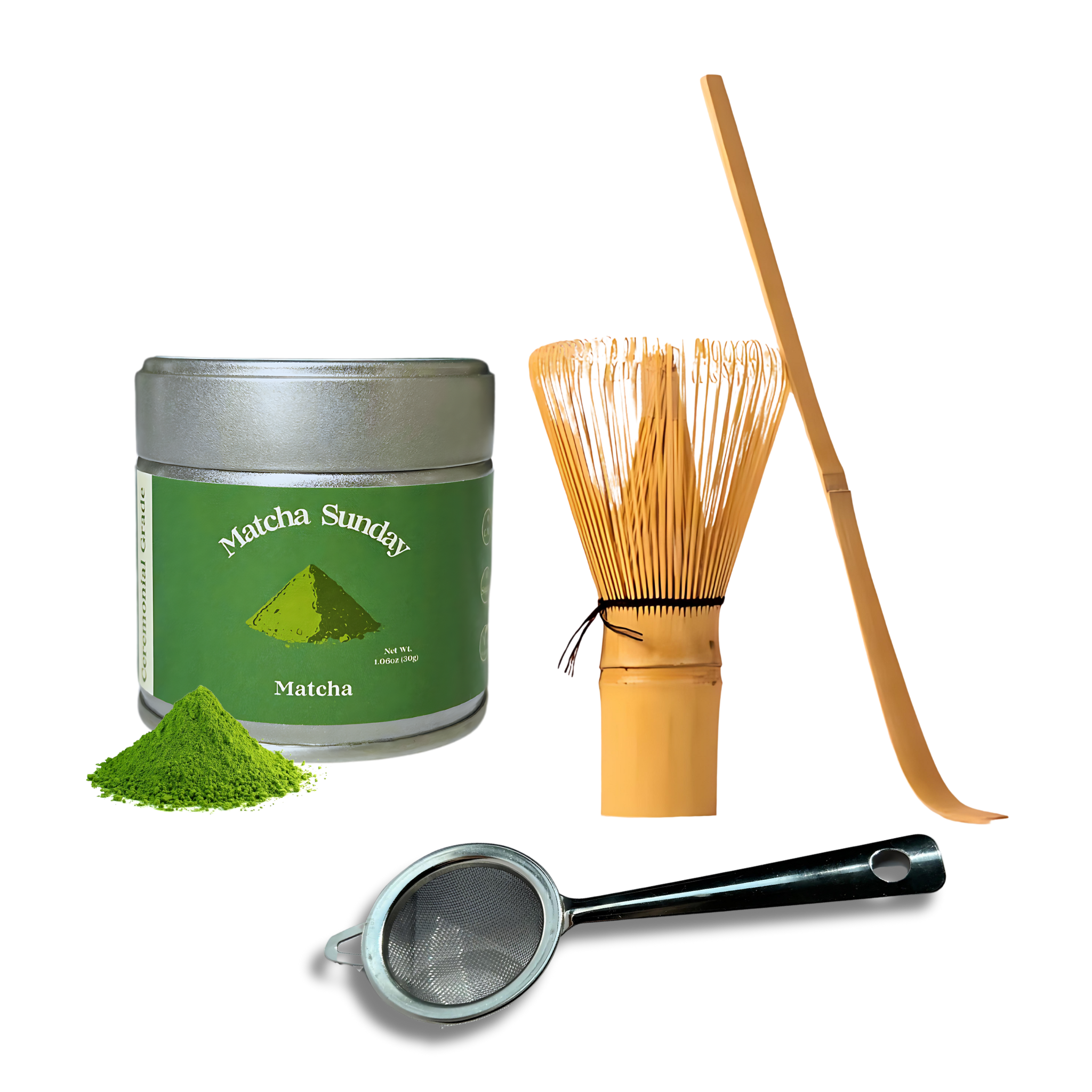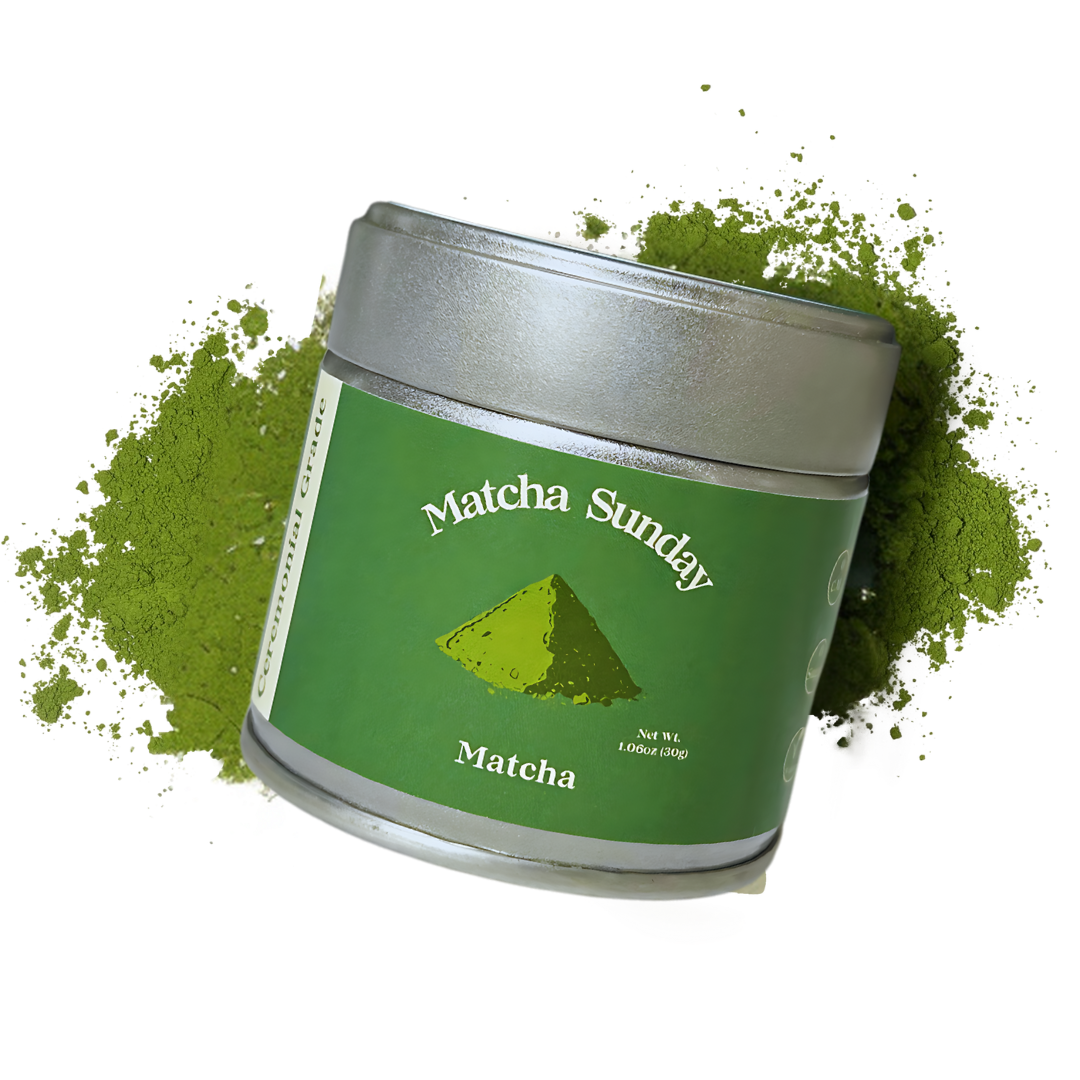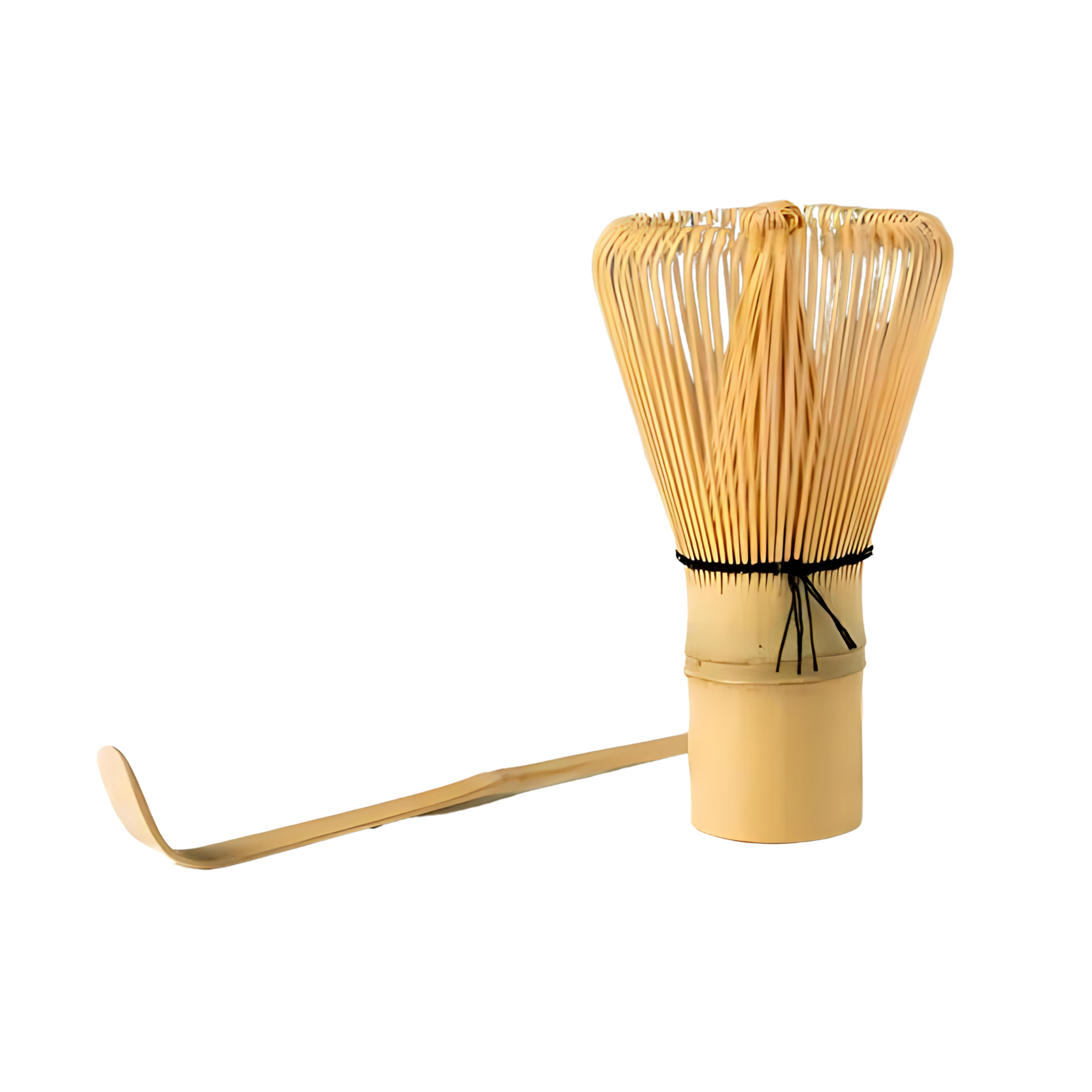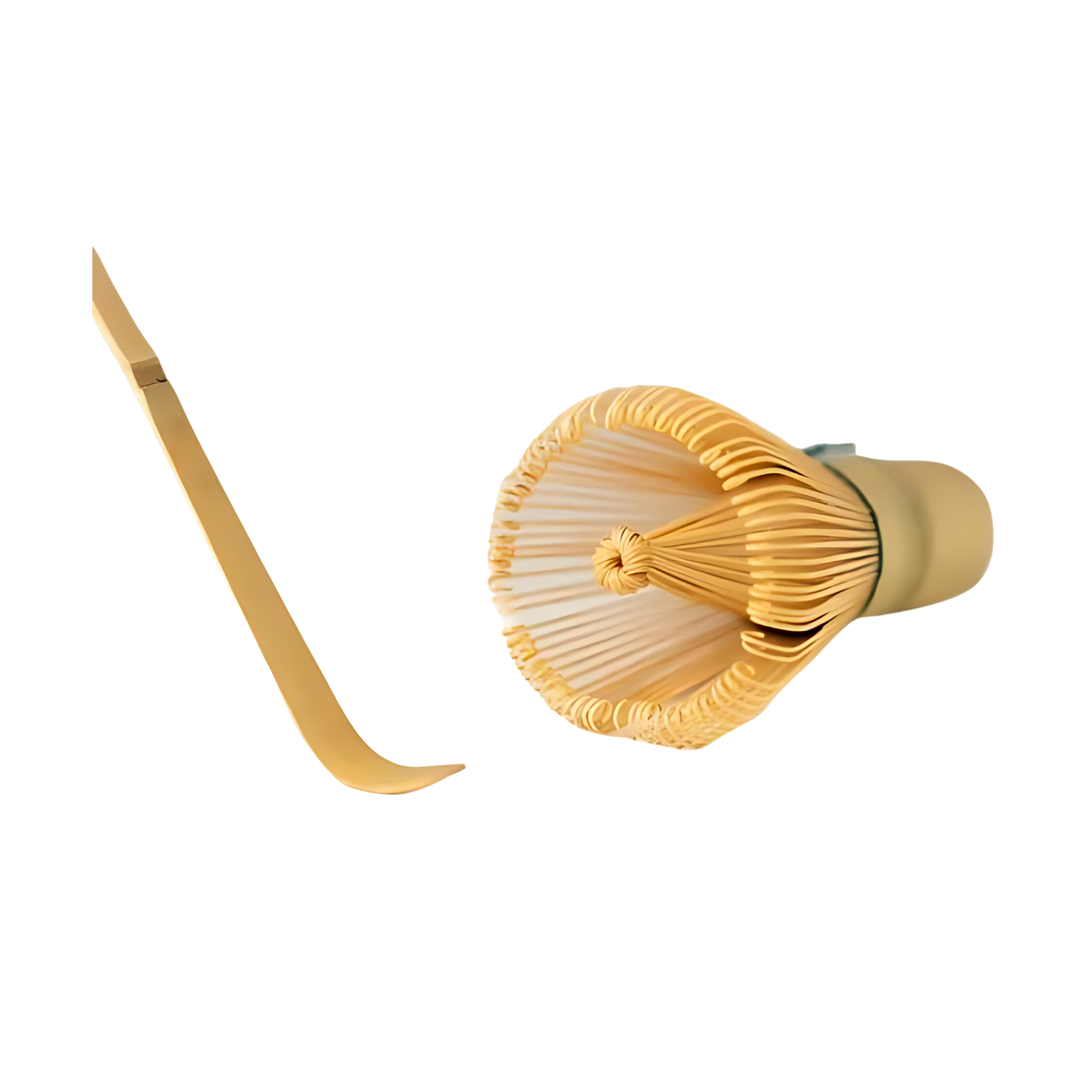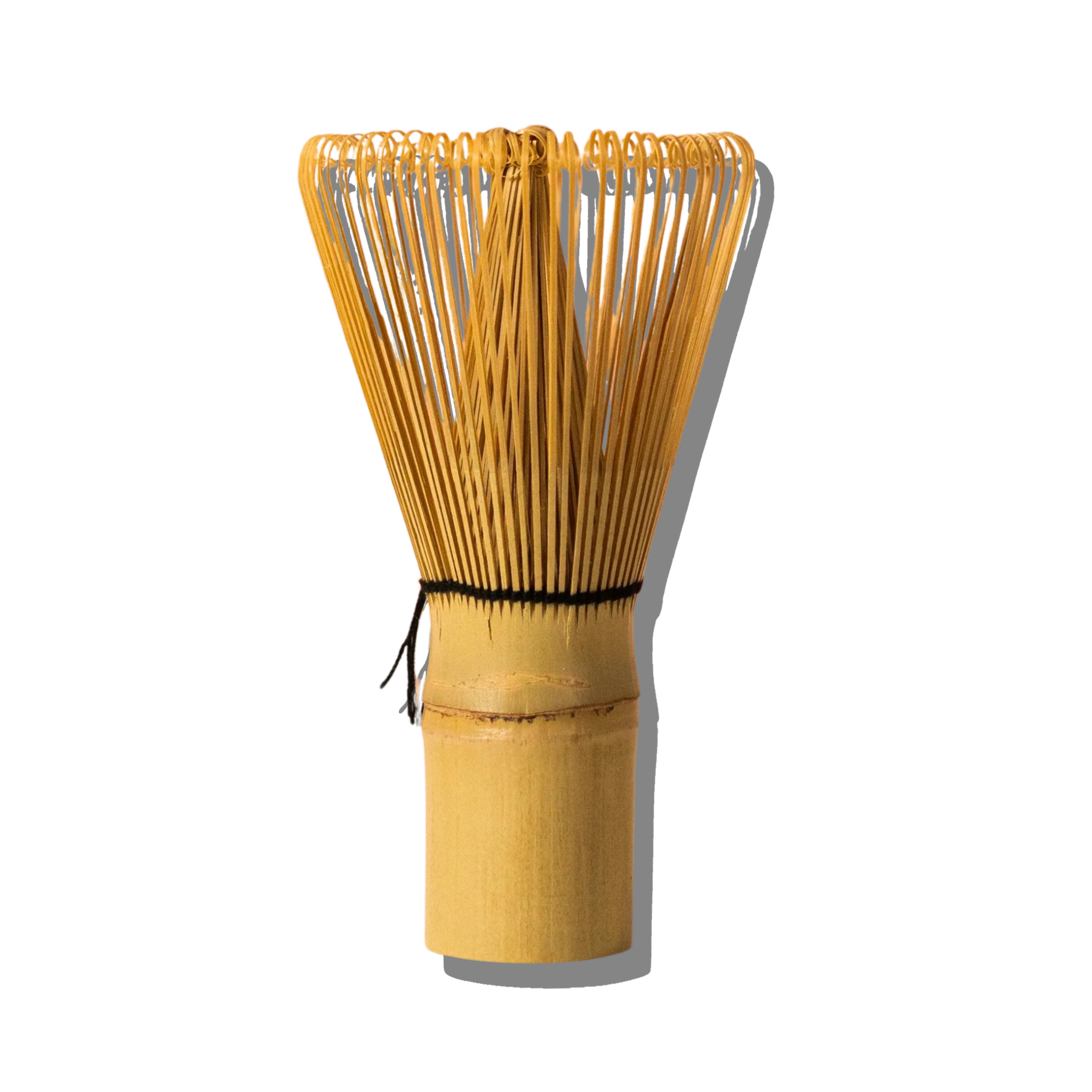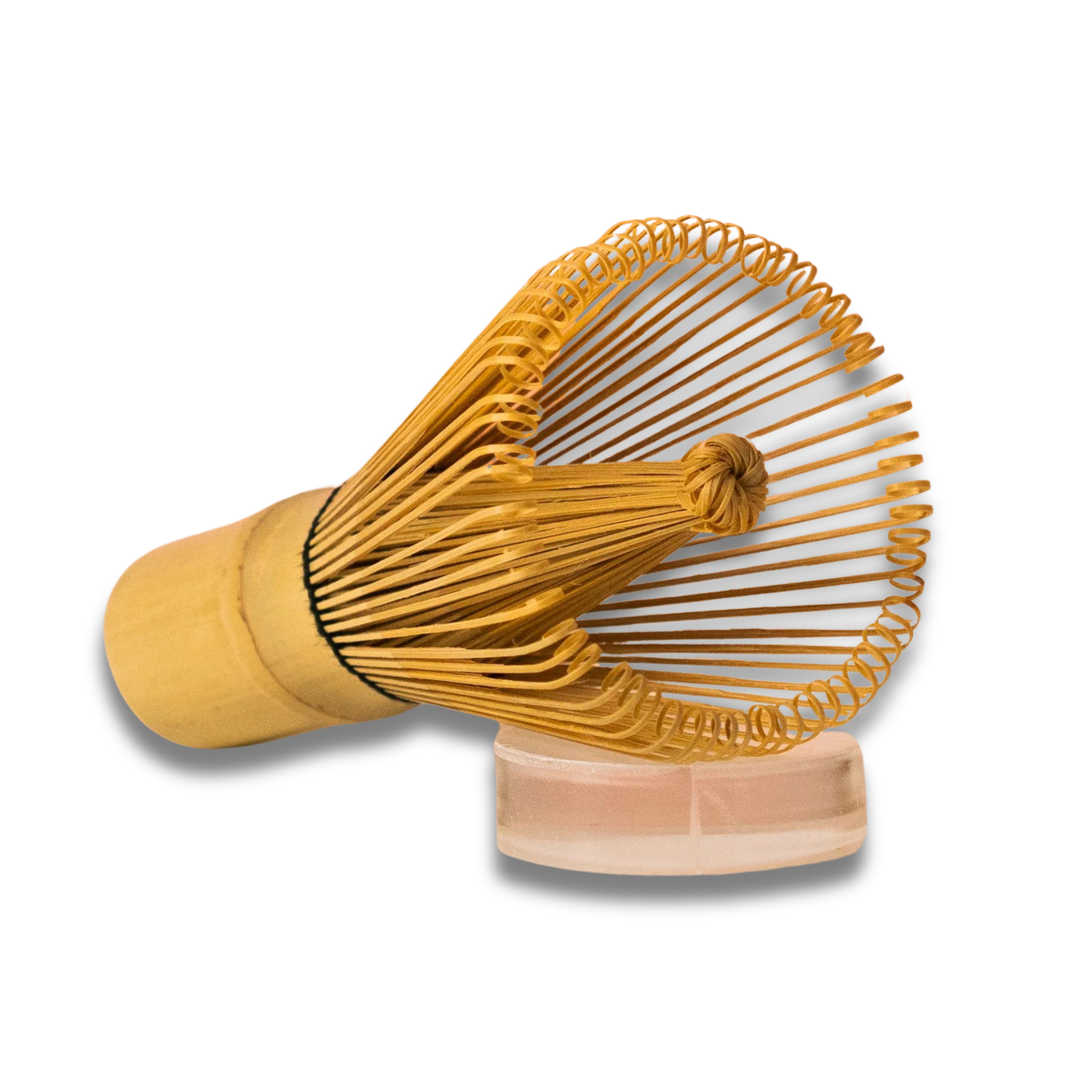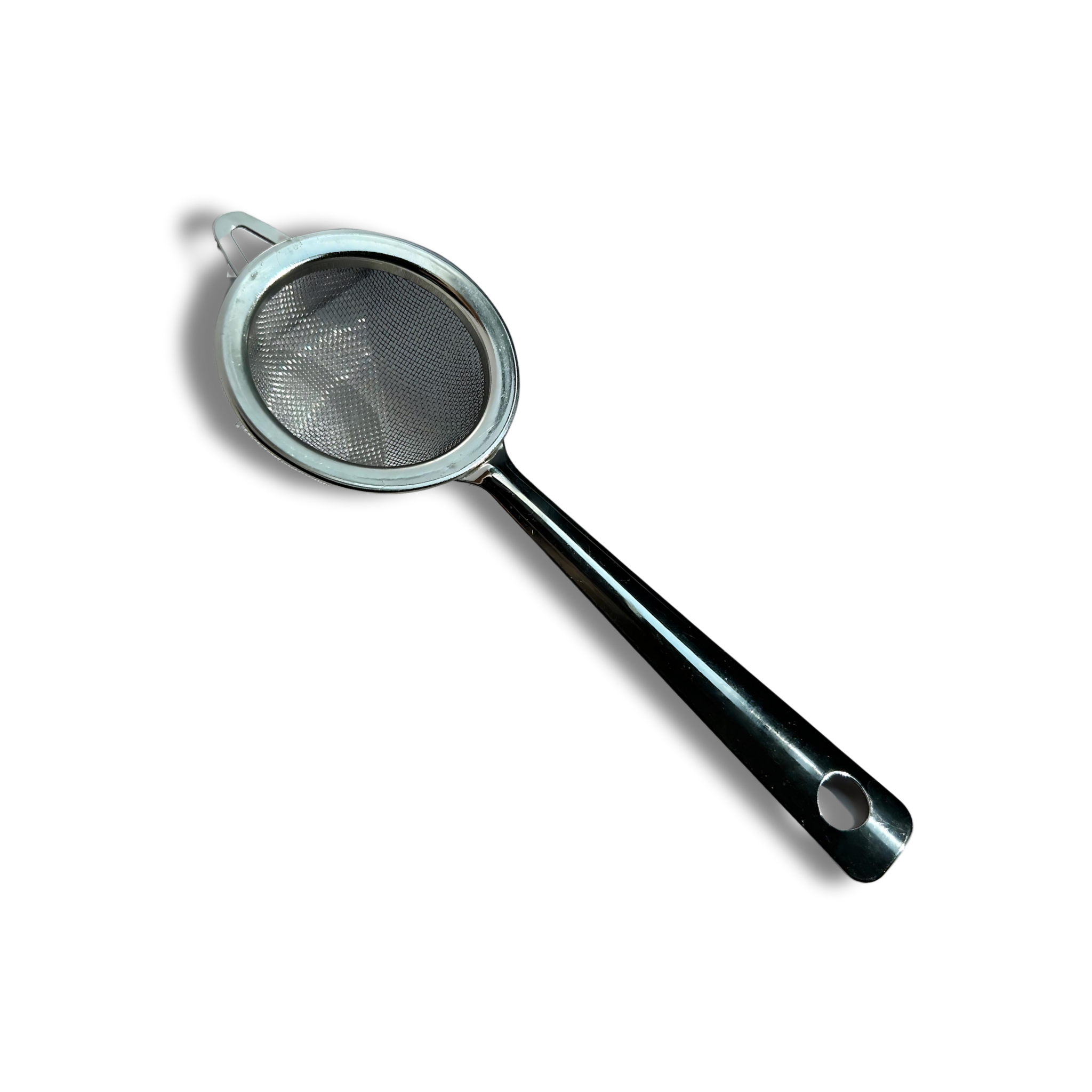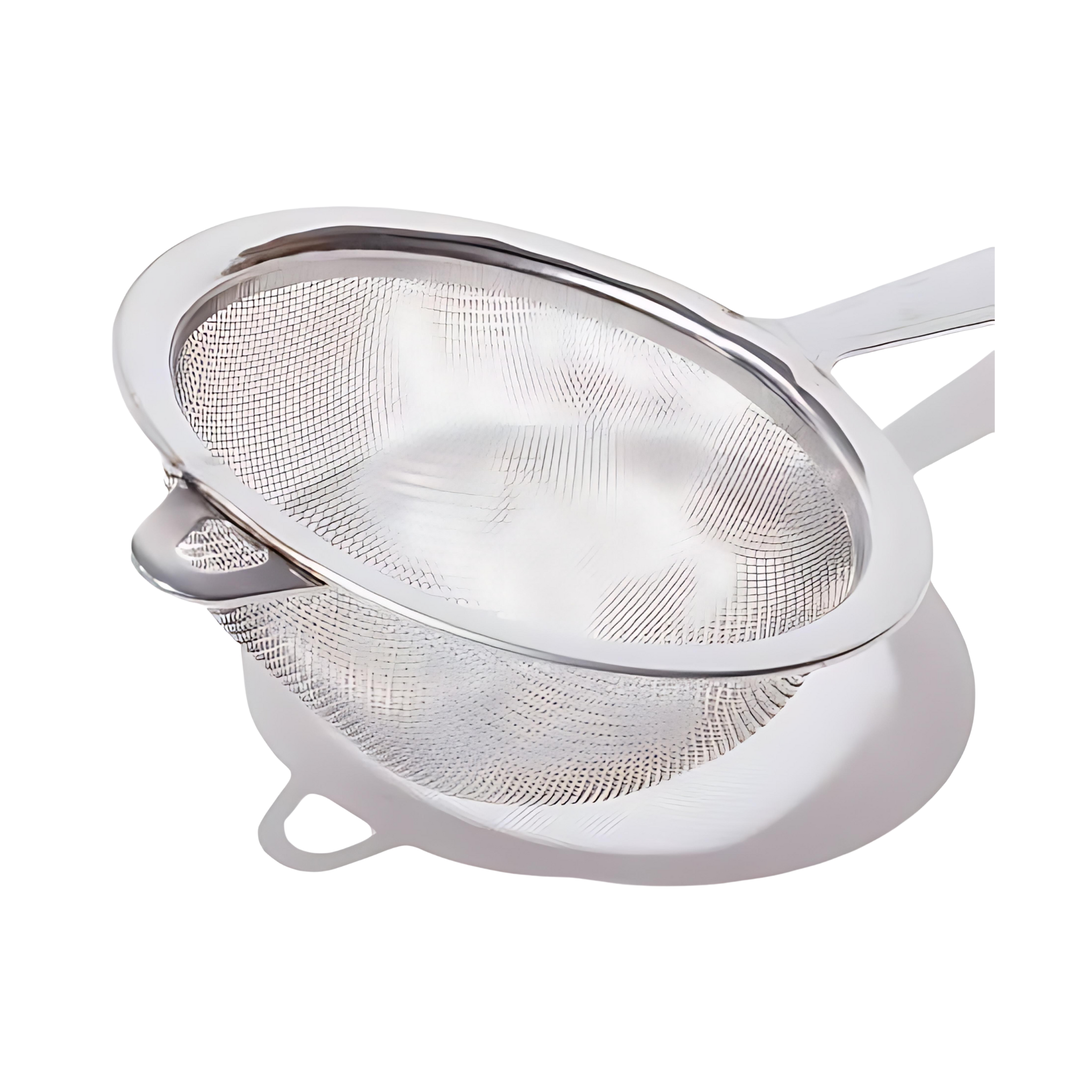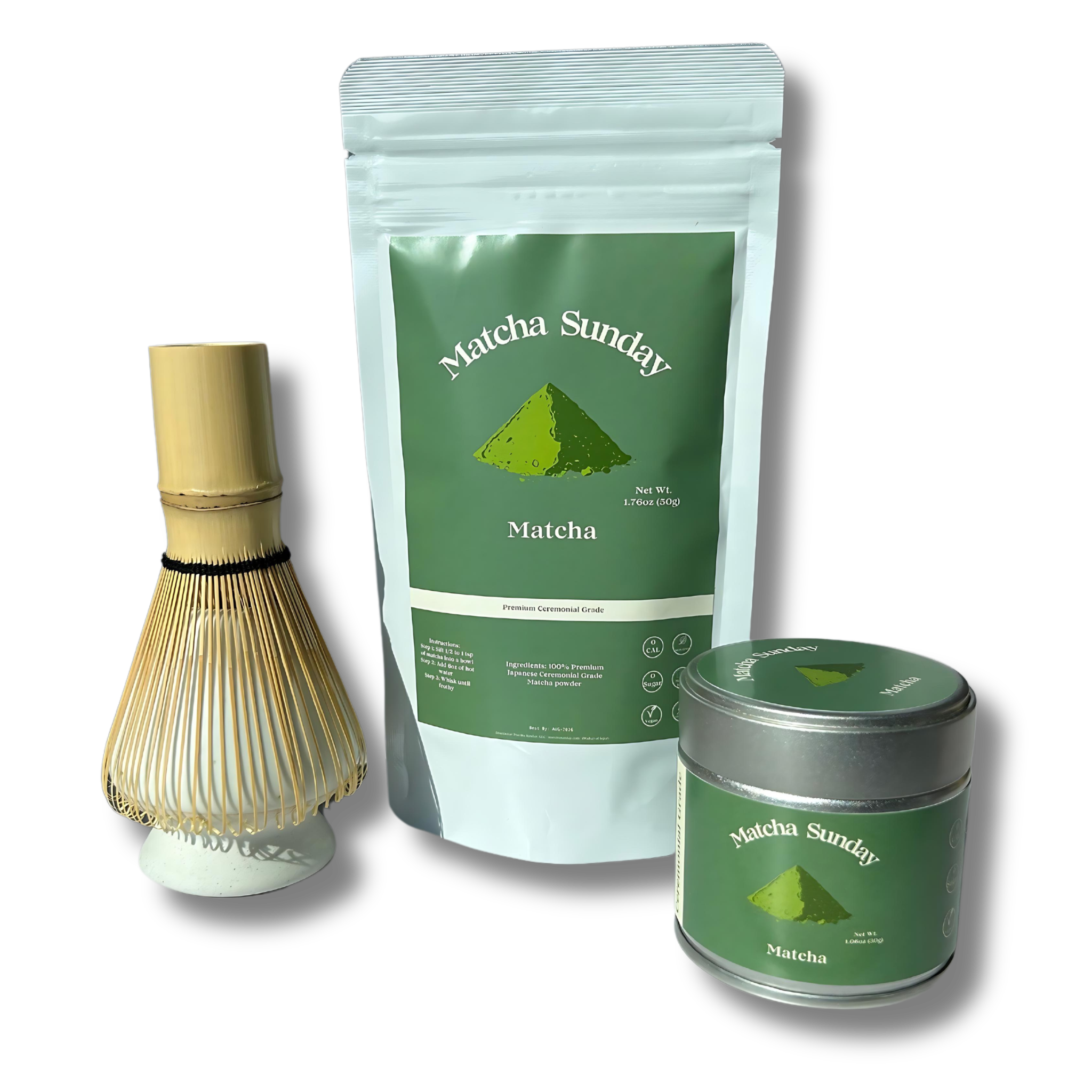In the quest for a natural and sustained energy boost, many people are turning to matcha, a finely ground green tea powder known for its vibrant color and health benefits. But does matcha really give you energy? In this article, we will explore the energizing properties of matcha, how it compares to other popular sources of caffeine like coffee, and the science behind its ability to provide a steady and focused energy boost.
The Caffeine Content of Matcha
One of the primary reasons matcha is considered an energy booster is its caffeine content. A typical serving of matcha, which is about one teaspoon (2 grams), contains approximately 60-70 mg of caffeine. This amount is less than a standard cup of coffee, which contains about 95 mg of caffeine, but more than a cup of regular green tea, which has around 30 mg.
Unlike coffee, which can cause a quick spike in energy followed by a crash, the caffeine in matcha is absorbed more slowly. This slower absorption rate is due to the presence of L-theanine, an amino acid that moderates the effects of caffeine, leading to a more gradual increase in energy levels and sustained alertness without the jitters or crash.
The Role of L-Theanine
L-theanine is a unique amino acid found predominantly in green tea leaves, and it plays a crucial role in matcha's ability to provide a smooth and sustained energy boost. Here’s how L-theanine contributes to the energizing effects of matcha:
- Calm Alertness: L-theanine promotes alpha brain wave activity, which is associated with a state of relaxed alertness. This helps improve focus and cognitive performance without the anxiety or restlessness often linked with caffeine consumption.
- Stress Reduction: L-theanine has been shown to reduce stress and promote relaxation. By counteracting the stimulating effects of caffeine, L-theanine helps maintain a calm and balanced state, making it easier to stay productive and focused.
- Enhanced Cognitive Function: The combination of caffeine and L-theanine has been found to enhance cognitive function more effectively than caffeine alone. This synergistic effect improves attention, reaction time, and memory, providing a clear mental boost.
How Matcha Provides Sustained Energy
The unique combination of caffeine and L-theanine in matcha results in a steady and sustained release of energy. Here’s a detailed look at how this works:
1. Gradual Caffeine Release
The caffeine in matcha is released slowly into the bloodstream, which helps avoid the sudden spikes and crashes associated with coffee. This gradual release provides a steady energy boost that can last for several hours.
2. Balanced Energy Levels
Matcha’s L-theanine content helps balance the stimulating effects of caffeine, promoting a calm and focused energy rather than a jittery high. This balance is ideal for maintaining productivity and concentration throughout the day.
3. No Jitters or Crash
Unlike coffee, which can lead to jitters and a subsequent energy crash, matcha provides a smooth and sustained energy boost. The calming effects of L-theanine help mitigate the negative side effects of caffeine, ensuring a more pleasant and productive experience.
Incorporating Matcha into Your Routine
To experience the full energy-boosting benefits of matcha, it’s important to incorporate it into your daily routine in a way that suits your lifestyle. Here are some popular methods to enjoy matcha:
Matcha Tea
The traditional way to enjoy matcha is by preparing it as a tea. Here’s a simple recipe to get you started:
Ingredients:
Order Ceremonial Matcha online:

- 2 oz hot water (not boiling)
- Optional: sweetener or milk of choice
Preparation:
- Sift the matcha powder into a bowl to remove any clumps.
- Add hot water and whisk vigorously using a bamboo whisk (chasen) until the matcha is fully dissolved and a frothy layer forms on top.
- Enjoy as is, or add sweetener or milk if desired.
Matcha Latte
For a creamier option, try a matcha latte. This is a popular alternative to coffee lattes and provides a delicious way to enjoy the benefits of matcha.
Ingredients:
- 1 tsp Matcha Sunday Ceremonial Grade Matcha Powder
- 2 oz hot water
- 6 oz milk (dairy or non-dairy)
- Optional: sweetener of choice
Preparation:
- Sift the matcha powder into a bowl.
- Add hot water and whisk until smooth and frothy.
- Heat the milk and froth it using a milk frother or whisk.
- Pour the frothed milk into the matcha mixture and stir gently. Add sweetener if desired.
Matcha Smoothies
Adding matcha to your smoothie is an easy way to boost your energy and nutrient intake. Here’s a simple recipe to try:
Ingredients:
- 1 frozen banana
- 1 cup spinach
- 1 cup almond milk
- 1 tsp Matcha Sunday Ceremonial Grade Matcha Powder
- 1 tbsp honey or maple syrup (optional)
Preparation:
- Combine all ingredients in a blender.
- Blend until smooth and creamy.
- Pour into a glass and enjoy!
Scientific Evidence Supporting Matcha’s Energizing Effects
Several studies have examined the effects of matcha on energy levels and cognitive performance. Here are some key findings:
- Improved Cognitive Function: A study published in the journal "Nutrients" found that the combination of caffeine and L-theanine in matcha significantly improved attention, reaction time, and memory compared to caffeine alone .
- Increased Alertness: Research published in "Psychopharmacology" demonstrated that participants who consumed matcha experienced increased alertness and improved task performance, thanks to the synergistic effects of caffeine and L-theanine .
- Sustained Energy: A study conducted by the University of Shizuoka in Japan found that matcha consumption led to a sustained increase in energy levels and reduced mental fatigue, making it an ideal beverage for maintaining productivity throughout the day.
Comparing Matcha to Other Energy Sources
When considering matcha as an energy booster, it’s helpful to compare it to other common sources of caffeine, such as coffee and energy drinks.
Matcha vs. Coffee
- Caffeine Content: A typical cup of coffee contains about 95 mg of caffeine, while a serving of matcha contains around 60-70 mg. Although coffee has more caffeine, matcha’s unique combination with L-theanine provides a smoother energy boost without the jitters.
- Energy Duration: Matcha provides a gradual and sustained energy boost, whereas coffee often leads to a quick spike followed by a crash.
- Additional Benefits: Matcha is rich in antioxidants and nutrients that support overall health, while coffee lacks these additional benefits.
Matcha vs. Energy Drinks
- Caffeine and Sugar: Many energy drinks contain high amounts of caffeine and sugar, which can lead to a rapid spike in energy followed by a crash. Matcha provides a more balanced and sustained energy boost without the added sugars.
- Nutrient Profile: Energy drinks often contain artificial ingredients and lack the beneficial nutrients found in matcha.
- Health Effects: The combination of caffeine and L-theanine in matcha promotes calm alertness and reduces stress, making it a healthier alternative to energy drinks.
Conclusion: Embrace Matcha for a Natural and Sustained Energy Boost
Matcha is a versatile and nutritious beverage that provides a reliable source of sustained energy. Its unique combination of caffeine and L-theanine promotes a calm and focused state, enhancing productivity and overall well-being. Whether you enjoy it as a traditional tea, a creamy latte, or a refreshing smoothie, incorporating matcha into your daily routine can help you maintain steady energy levels throughout the day.
Visit our website: Matcha Sunday.


